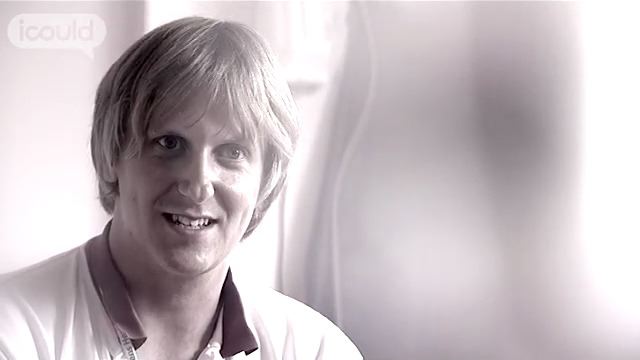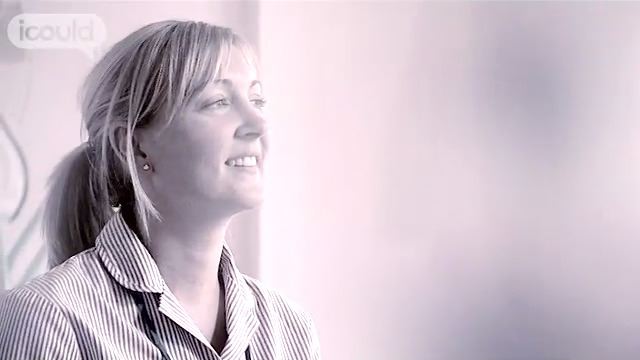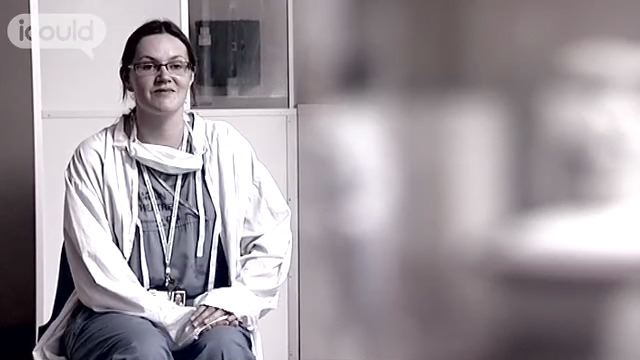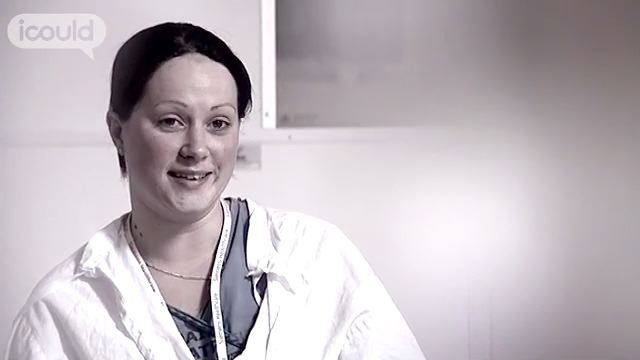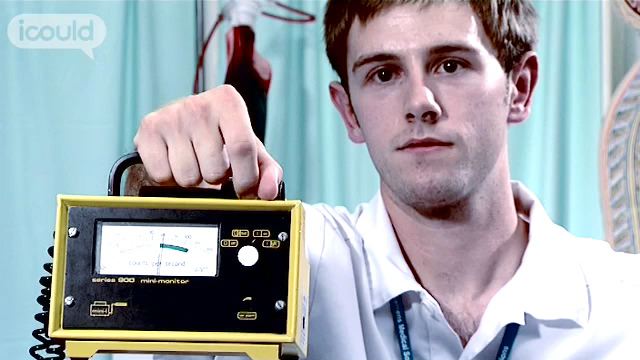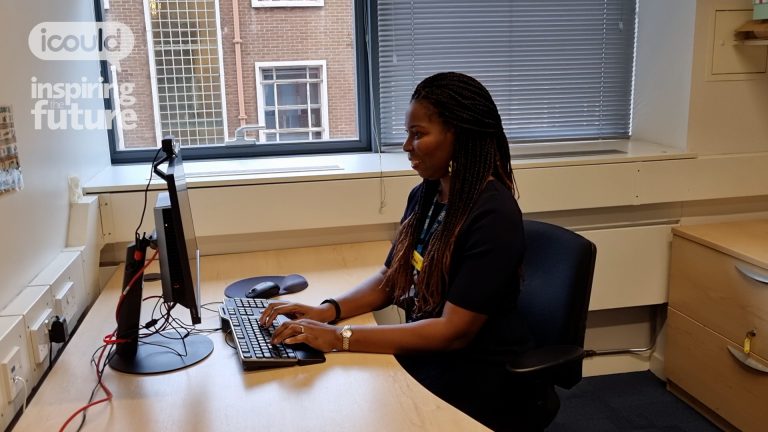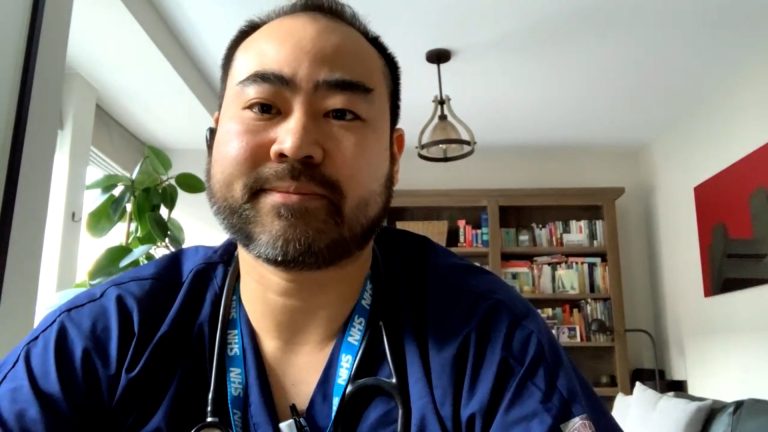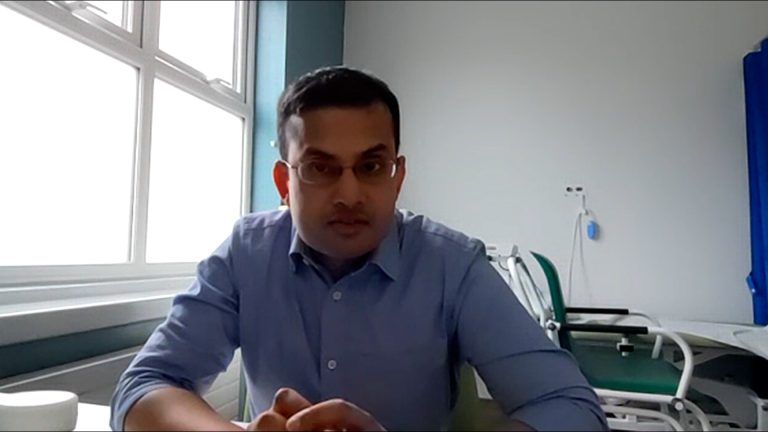Trainee Assistant Practitioner
Addenbrookes Hospital
Gillian D
00:00:01 My name’s Gill and I work as an Assistant Practitioner in the X-Ray department of a large Hospital. It’s exciting, challenging at times, and the job satisfaction – you’re learning daily, you learn every day.
00:00:17 I think I worked quite hard at school but I did leave, I didn’t go on to do A-Levels. I left school and went to college to do Business Studies, and completed that and then worked. And then I was lucky to – enough to get some work on cruise ships so I did that for a while and travelled round. Although I enjoyed it at the time, soon realised that long term it’s not what I wanted – it wasn’t what I wanted to do. I think it’s healthy for people to have ideas and aspirations of what they want to do and then change their mind, and to know that you can change. I was working in the Hospital previously, that was in an admin role, and reception role. I think I was influenced a lot by my sister who is a nurse, and my sister-in-law who’s also a nurse. And listening to how much enjoyment they got from their jobs.
00:01:15 I always had intentions of changing my career to involve working closer with patients, having more patient contact. I was always looking to see what would interest me, and which area I’d like to go into. Radiography was one of the departments that I did first of all look into. I came along and spoke to the Head of Department, discovered there was Assistant Practitioners within Radiography. I applied for it and was successful in interview, and also successful enough to get onto the course and do the training. I like coming into work and not knowing how the day is going to go. Whether it’s going to be busy or quiet, or what you’re going to be faced with. There’s no comparison at all in – I mean a lot of jobs I’ve had from when I was younger were jobs in the short term, they were fun and I enjoyed them. But I don’t feel now that I want to look for anything else I’m very satisfied in my job now
00:02:10 I have faced difficulties being a working mother, and juggling everything at times was hard. Some of the times – well the end was sometimes I felt like I couldn’t get there, because at times it was quite difficult. But with determination, you can get there. Getting the balance right is the important thing. If you can balance home life and work, that’s the key.
00:02:36 You can always develop and continue to learn new skills. I wouldn’t want to be working in a job where I couldn’t go any further and I’d learnt all there was to do. I’ve just been accepted onto a course to continue my studying and become a qualified Radiographer. So that’s my goal in the future, that’s going to take me two years to achieve. It’s enough for me to think about for now.
00:03:00 ENDS
Gillian says of her job, “it’s exciting, it’s challenging at times.” On her influences she says, “I think I was influenced a lot by my sister who was a nurse and my sister in law, who’s a nurse and listening to how much enjoyment they got from their job.” As for the future, “I have just been accepted on a course to continue my studying and become a qualified radiographer.”
